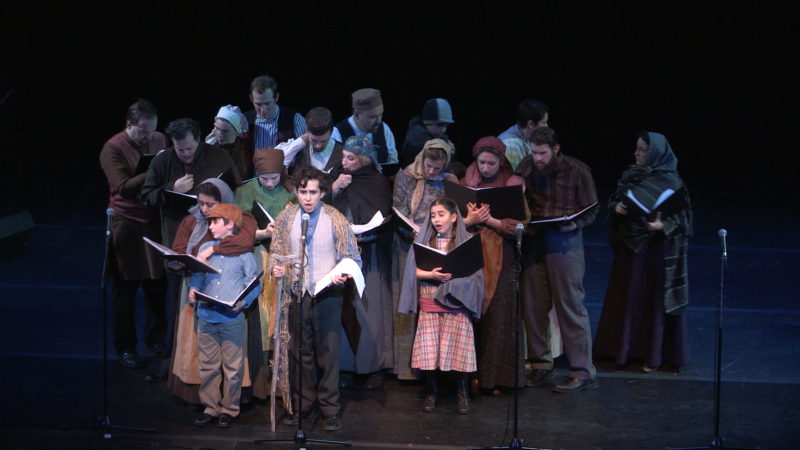By Christopher Atamian
Special to the Mirror-Spectator
DENVER — California native Denise Gentilini has always had a musical calling. A child prodigy and autodidact with a taste for Carly Simon, Elton John and old-fashioned love songs and ballads, Gentilini writes some of the most tender lyrics and memorable melodies around. A noted composer who has also garnered three Emmy® awards for film scoring and audio mixing, she also acknowledges John Williams’ early influence on her.
Gentilini avers: “The most difficult part of scoring documentaries is staying out of the way of all the talking while still managing to create themes for the subjects in the film. The most rewarding part of scoring is seeing the emotional response of people — if I can’t make them cry, I haven’t done my job.”
And just as the truly good writer writes with a higher purpose in mind, so too does every truly important musician.
Gentilini has made it her particular mission to give voice to those who don’t have one of their own or who cannot advocate for themselves.









